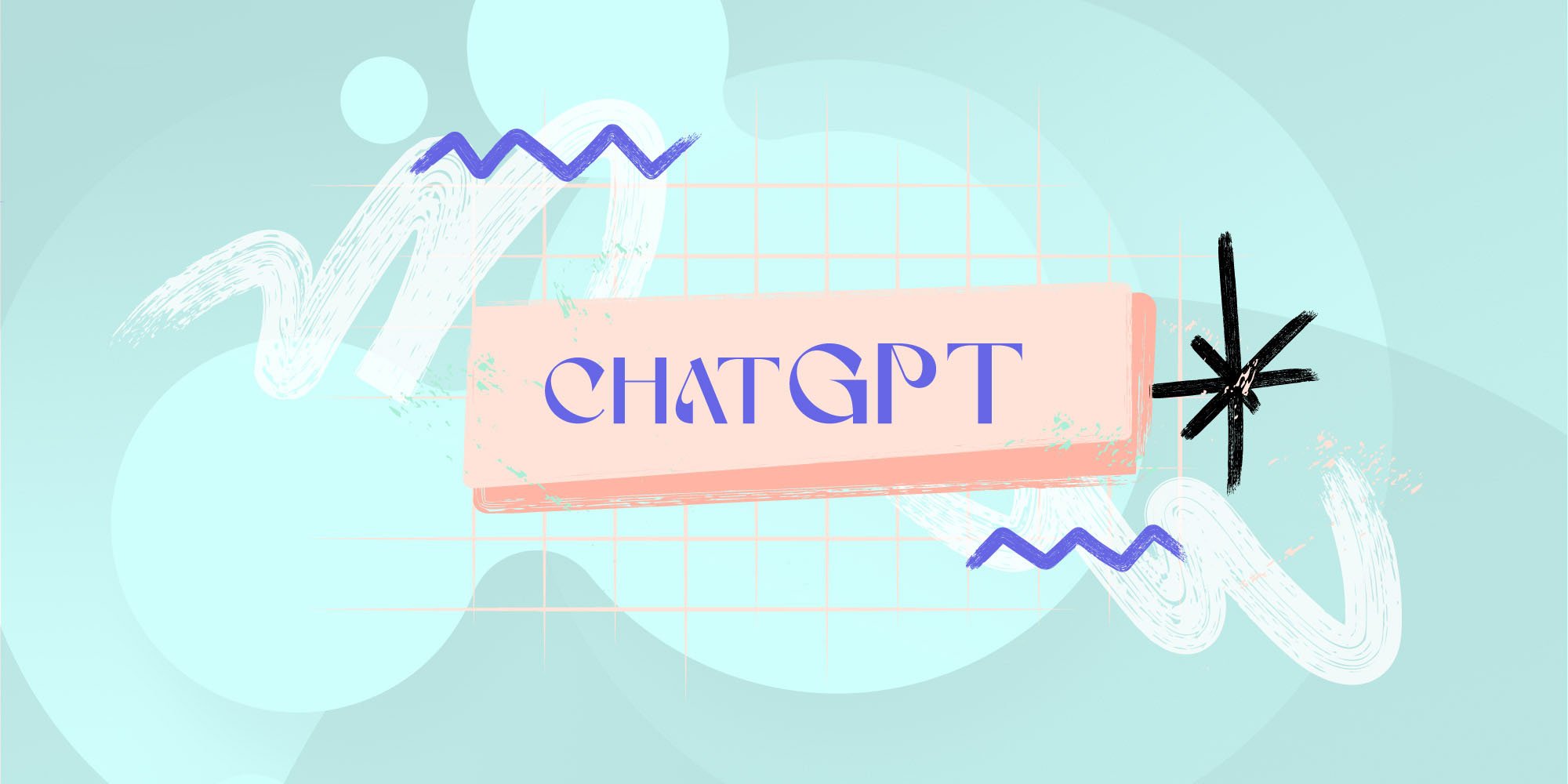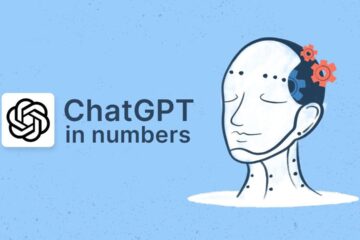Tired of dealing with ChatGPT downtime or inaccurate responses? Don’t worry, there are plenty of ChatGPT alternatives available to explore. While ChatGPT is a powerful AI tool, it does have its limitations. Luckily, platforms like Jasper, ChatSonic, and LaMDA are giving ChatGPT a run for its money. Keep reading to find out more about these alternatives and how they compare to OpenAI’s solution.
ChatSonic, for example, is a great alternative if you’re looking for updated and factual information. This AI tool uses natural language processing and machine learning to access the internet for real-time data on current events. It also has features like voice commands, image generation, and API integration, making it a versatile option for various needs. Plus, ChatSonic offers a mobile app for easy access on the go.
On the other hand, Jasper is a top choice for businesses that need high-quality content quickly. With over 50 templates and SEO optimization, Jasper is perfect for marketing and sales teams. While it may come with a higher price tag, Jasper offers a 5-day trial period to test out its features before committing.
Lastly, DeepL Write, developed by the German company DeepL, offers advanced writing assistance with accurate paraphrasing capabilities. Founded in 2017, DeepL has made a name for itself in the AI language translation industry. DeepL Write is a great option for users looking to improve their writing quality and accuracy.
Overall, there are plenty of ChatGPT alternatives available to suit a variety of needs. Whether you’re looking for real-time data, fast content generation, or advanced writing assistance, there’s a tool out there for you. The advanced linguistic processing algorithms in the application enable the generation of a paraphrased version of the input text, preserving its original meaning and style. This feature makes DeepL Write an invaluable tool for content creators, researchers, and students looking to avoid plagiarism and create unique, original content quickly and easily. Additionally, the app’s ability to produce fluent, accurate text enhances the quality and precision of writing across various applications.
Rytr, unlike Jasper and Writesonic, is primarily an AI-powered writing assistant that supports over 40 languages. It can assist in writing business plans, pitching business ideas, improving knowledge base articles, or enhancing email communications. Users can access Rytr for free with a limit of 10k characters per month and can pay as they scale their usage. Utilizing a combination of GPT-3 and proprietary AI technology along with a plagiarism checker, Rytr offers a compelling solution for content creation needs.
Plagiarismchecker.co provides an alternative to ChatGPT with its paraphrasing tool, allowing users to rephrase text while maintaining its original context. This AI-based utility utilizes a vast database of synonyms to ensure the generated text is free of plagiarism. In contrast to ChatGPT, which may include copied content from web sources, this paraphrasing tool guarantees 100% original text, offering a reliable solution for content creation.
Chatgot is an innovative platform offering AI chat assistants powered by various models such as GPT-4, Claude V2, and Google PaLM 2. With features like customizing AI bots for specific tasks and prioritizing user privacy through encrypted conversations, Chatgot provides a comprehensive solution for users across different professions. The platform’s multilingual support, community-driven aspects, and user-friendly interface have garnered positive feedback from users, highlighting its accuracy, efficiency, and accessibility.
In the realm of AI-powered coding, tools like GitHub Copilot and Amazon CodeWhisper aim to assist developers in writing code faster and with improved accuracy. GitHub Copilot, powered by OpenAI Codex’s GPT-3 model, offers auto-completion features in various programming languages and is suitable for different coding needs. Similarly, platforms like Tabnine and Amazon CodeWhisper provide advanced capabilities for code completion, debugging, and performance optimization, enhancing the efficiency and quality of the software development process. Perplexity.ai is a research-focused AI tool developed by a team of former engineers from Meta, Google, Quora, and Palantir. The tool aims to enhance the way people find and access information by providing in-depth and accurate answers to a wide range of questions. Users can ask questions on various topics, from general knowledge to specialized areas like programming languages and web technologies, and receive comprehensive explanations and related search results. Perplexity.ai is designed to facilitate natural-sounding conversations and help users navigate complex topics with precision and clarity. Have you heard of Elicit? It’s like having a research assistant that uses language models to help with your literature review. Researchers and students love using it to find papers and define their research direction.
And have you checked out YouTube University? It’s an app that turns YouTube videos into structured written content with features like transcriptions and summaries. Great for those who prefer reading over watching videos.
Looking for a productivity boost during virtual meetings? CoGram and Otter.ai are great tools that automatically take notes and create summaries for you. And MagicSlides can help you create professional presentations in minutes with just a topic and slide count.
If you’re into AI and deep learning, DeepBrain AI is the way to go. They offer solutions for industries like healthcare, finance, gaming, autonomous vehicles, and energy. Businesses can contact them for custom AI models and implementation.
And let’s not forget about Google Bard, Google’s new ChatGPT alternative powered by LaMDA. It’s designed for a wide range of NLP tasks and can provide contextual responses that sound natural. Exciting stuff! To join a waiting list for the available app, you must register, or wait for Bard to be released in your region.
Google Bard Pros:
– Can comprehend complex inquiries.
– Provides specific and contextual responses.
– Can generate responses to open-ended prompts.
Google Bard Cons:
– Limited Access.
– Still has limited capabilities compared to ChatSonic and ChatGPT.
The new Microsoft Bing powered by OpenAI’s ChatGPT offers:
– A conversational UI to understand user queries better.
– Summarized answers instead of lists of links.
– Sources provided for each data.
Facebook Ai is actively developing conversational AI technologies with efforts in language models like OpenAI GPT-3 and dialogue management to create AI systems that can engage in natural conversations with people.
Replika Pros:
– Can hold meaningful conversations.
– Always available.
– Video-calling option.
– Remembers past conversations.
Replika Cons:
– Features locked behind a paywall.
Character.ai allows interaction with AI-powered personalities for an innovative chat experience, while Claude by Anthropic offers a next-generation AI assistant for various conversational and text processing tasks.
Brancher and Chatbase are tools that allow the creation of AI-powered apps without coding and training chatbots with custom data, respectively.
Pollfish is a ChatGPT alternative for surveys. What if you find yourself in need of creating a survey for a study or market research? Pollfish offers a quick and easy solution by allowing you to generate surveys in a matter of seconds. Simply input your research goal, and Pollfish takes care of the rest. Similar to Surveymonkey, Pollfish specializes in survey execution, boasting a vast network of thousands of participants who can provide answers to your questions within hours.
In the realm of AI tools for video editing, subtitles, and dubbing, HeyGen emerges as a standout option for creators of all skill levels. This innovative platform leverages natural language processing and machine learning algorithms to streamline the video production process. From scripting and editing to integrating animations, music, and voiceovers, HeyGen’s automation capabilities are truly impressive. What sets HeyGen apart is its user-friendly design, featuring pre-built templates, a drag-and-drop interface, and a comprehensive media library, making video creation efficient and accessible to all. With HeyGen, creating videos is now easier than ever, establishing itself as a must-have tool in the world of AI-powered creative solutions.
As part of the growing Deepswap trend, HeyGen has recently introduced an AI video translation tool, enabling content creators to produce translated videos with synchronized lip movements and realistic voice tones.
Overall, the advancement of AI technology, exemplified by tools like ChatGPT, has revolutionized the way we engage with and utilize technology. With the release of GPT-3 and the subsequent emergence of various alternatives, the possibilities for improving productivity and communication are endless. As AI continues to progress, exciting new innovations are on the horizon, shaping and transforming our world in unprecedented ways.
Whether you’re seeking an AI tool with enhanced learning capabilities, a user-friendly interface, or robust natural language processing features, there are plenty of ChatGPT alternative options available to suit your needs. Each platform has its own strengths and weaknesses, so the best choice ultimately depends on your individual preferences.



